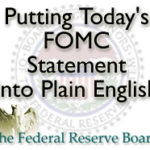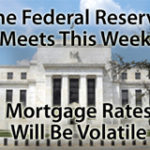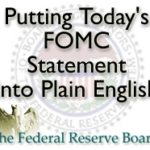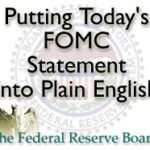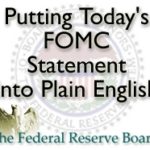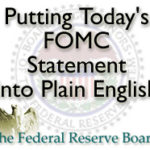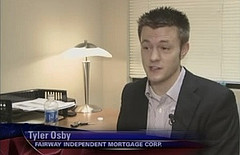
Wall Street Sets Mortgage Rates, Not the Federal Reserve
The Federal Open Market Committee meets today for the last time in 2009. It’s a 2-day meeting and the Fed is expected to leave the Fed Funds Rate near 0.000 percent.
But that doesn’t mean mortgage rates won’t change.
See, a major misperception among the public is that the Federal Reserve sets mortgage rates. That’s false. Mortgage rates are based on the price of mortgage-backed bonds.
As an example, since 2000, the Fed Funds Rate and the 30-year fixed rate mortgage have been within 1 percent of each other at times, and as far apart as 5 percent at others.
If there was a direct relationship between the two, such a spread would be impossible.
The Federal Reserve doesn’t set mortgage rates. Wall Street does. However, whenever the Fed adjourns from its meetings, mortgage rates are susceptible to change.
A Positive Report from the Fed Means Mortgage Rates Will Suffer
For home buyers and rate shoppers, this week’s Fed meeting takes on added significance.
Over the last half-year, the Fed has used its post-meeting press releases to acknowledge an improving economy in which growth is tempered by job loss and tepid spending. In November, though, net job gains nearly went positive and Retail Sales data proved strong.
If the Fed gets more positive in its message tomorrow, mortgage rates will suffer. This is because Wall Street will use the Fed’s position on the economy as a reason to buy stocks. Some of the cash to fuel those buys will come from the mortgage bond market.
As extra bond supply hits Wall Street, mortgage rates go up.
Similarly, if the Fed’s message goes negative on the economy, investors are expected to sell their stock positions in favor of buying bonds. This makes rates go down.
So, the Federal Reserve doesn’t make mortgage rates, but it does exert an influence on them. In other words, rate shoppers would be wise to watch for the FOMC’s 2:15 PM adjournment. Even though the Fed Funds Rate is expected to remain unchanged, mortgage rates certainly are not.
